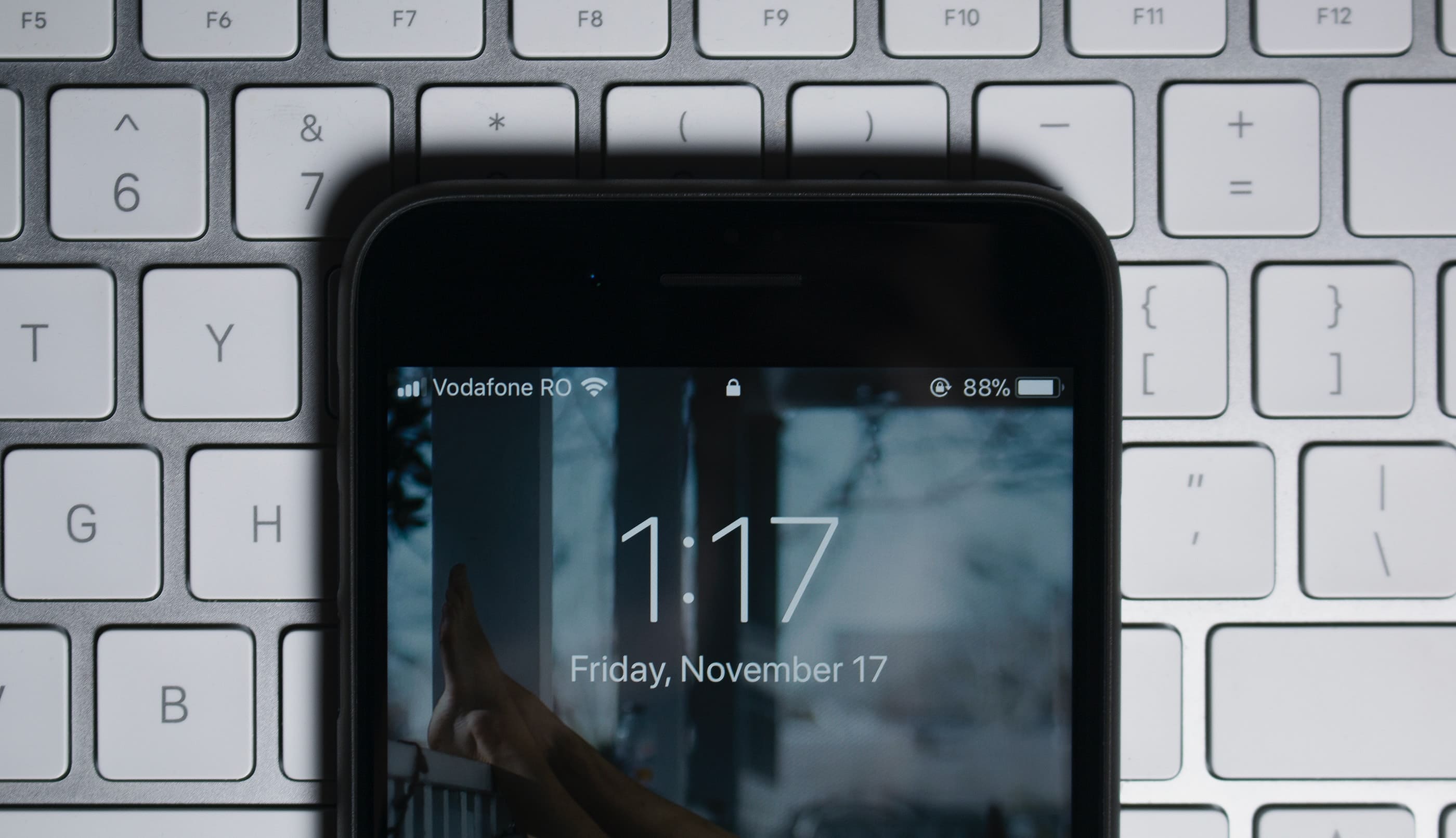Four cognitive biases that undermine compassion
We like to think that we are acting rationally, considering the elements of a situation objectively and drawing logical conclusions.
But we are not as smart as we think.
Our brain, however powerful and complex it may be, does not function without limitations. We are prone to many innate biases that affect our thinking, make us make bad decisions, and judge others and ourselves unfairly.
Psychologists call these innate thinking errors cognitive distortions, and they affect us all - educated and uneducated, young and old, experts and novices.
It turns out we're pretty good at deceiving ourselves about these biases. We are not very good at noticing what we are not very good at.
Understanding these cognitive biases does not make us immune to them. They still affect us in predictable ways, making us think and act irrationally. But knowing how we can be influenced can keep us in check. We can consider the impact on our thinking, accept the views of others, reason more slowly, and ultimately act with more empathy and compassion.
1. Major attribution error
Several times a day we try to interpret and explain the behavior of ourselves and others.
The fundamental attribution error describes that when someone does something, we tend to attribute their behavior to their personality rather than the situation.
For example, let's say you greet an old friend on the street and he ignores you. You might think that he deliberately ignored you, didn't want to see you, and/or doesn't like you. But maybe they were just lost in thought and didn't see you.
We see the behavior, jump to reason, feel offended, take it personally, and judge the person as mean or inconsiderate. Worse, we might retaliate against some supposed villains and feel justified in being angry in return.
Conversely, when analyzing our own behavior, we tend to overestimate the role of the situation and downplay the role of our personality:
• I acted this way because I was compelled by the situation. You did it because you wanted it.
• I was late because I was stuck in a traffic jam, I couldn't predict this situation. You're late because you're bad at managing your time.
• I didn't clean because I had a long day and I was very tired. You didn't clean up because you're just lazy.
As I wrote earlier, most people are mostly good and decent, trying their best to make it in life. If we address the fundamental attribution error, we can loosen people up a bit and instead of responding with anger, even offer our sympathy.
2. Planning fallacy
In 1957, Jorn Utzon won an international competition to design a new opera house for Sydney. Construction began in March 1959 and was scheduled for completion in January 1963 at a cost of approximately $7 million.
In 1973, the Sydney Opera House finally opened at $102 million, a decade late and 1.457% over budget.
Planning fallacy describes our tendency to underestimate the time, cost, and risk of doing something (and overestimate the benefits). Research shows that on average we underestimate by about 40%.
We often imagine the best case when we make plans assuming everything will go exactly as expected without unforeseen delays or interruptions. But reality is rarely the best case, and often worse than our worst predictions. One 1995 study found that even when participants made very conservative predictions (with a 99% chance) about how long it would take to complete a project, only 45% actually finished before their conservative estimates.
We all have at least one chronically late friend whose behavior seems selfish and inconsiderate. But planning error can help us understand that instead of being selfish and inconsiderate, our friend may just be bad at predicting how long this task will take.
There is a big difference in how we judge others when we think their actions are intentional rather than accidental, or if their attitudes are disrespectful rather than casual.
3. Phantom superiority and the Dunning-Kruger effect
93% of Americans say they are better than other drivers. 90% of Stanford students say they are smarter than their peers. 94% of university professors qualify themselves above average.
Of course, they may not be right.
We tend to overestimate ourselves compared to others, in regards to various abilities and behaviors, including intelligence, fairness, healthy eating, driving, punctuality - and ironically, how biased we are (a phenomenon known as illusory superiority).
Not only that
most of us think they are better than others, but the worst ones overestimate their abilities the most.
In 1999, David Dunning and Justin Kruger conducted a study in which participants completed a series of tests on grammar, logical reasoning, and humor. They asked participants to rate how well they did on tasks compared to others, and then compared actual results with participants' self-reports. The bottom 25% were the least accurate when comparing themselves to others, and those who rated themselves above average were better than 60% of the participants.
This insight has become known as the Dunning-Kruger effect - the least competent performers believe they are much better than they actually are. As Dunning writes, “if you are incompetent, you cannot know that you are incompetent… the skills you need to get the right answer are the same skills you need to recognize the right answer.”
Our overestimation thus leads to self-confidence, and self-confidence makes us think and act irrationally. She has been accused of everything from lawsuits and reckless politics to stock market crashes and even war.
First, being aware of these biases can help control our self-confidence. And secondly, it is a reminder when we consider the actions and opinions of others, choosing how to behave, without seeing the big picture.
Another method that has worked for me is to think that I am average or below average. It helps me to keep a student mindset, not to be dismissive of the wisdom of others, and to be more receptive to what I can learn from them. Moreover, it eases the fear of failure and the paralysis of perfectionism - one who is still learning can hardly be expected to be perfect, so mistakes are expected and welcomed.



